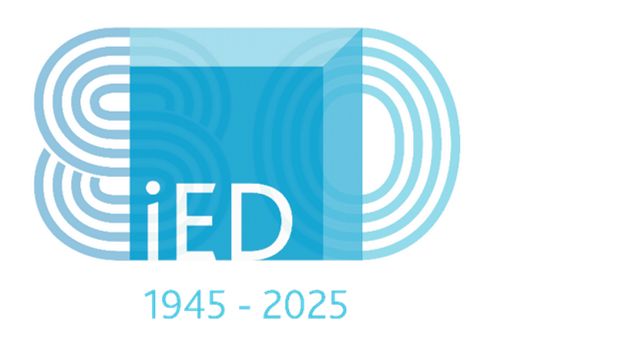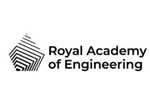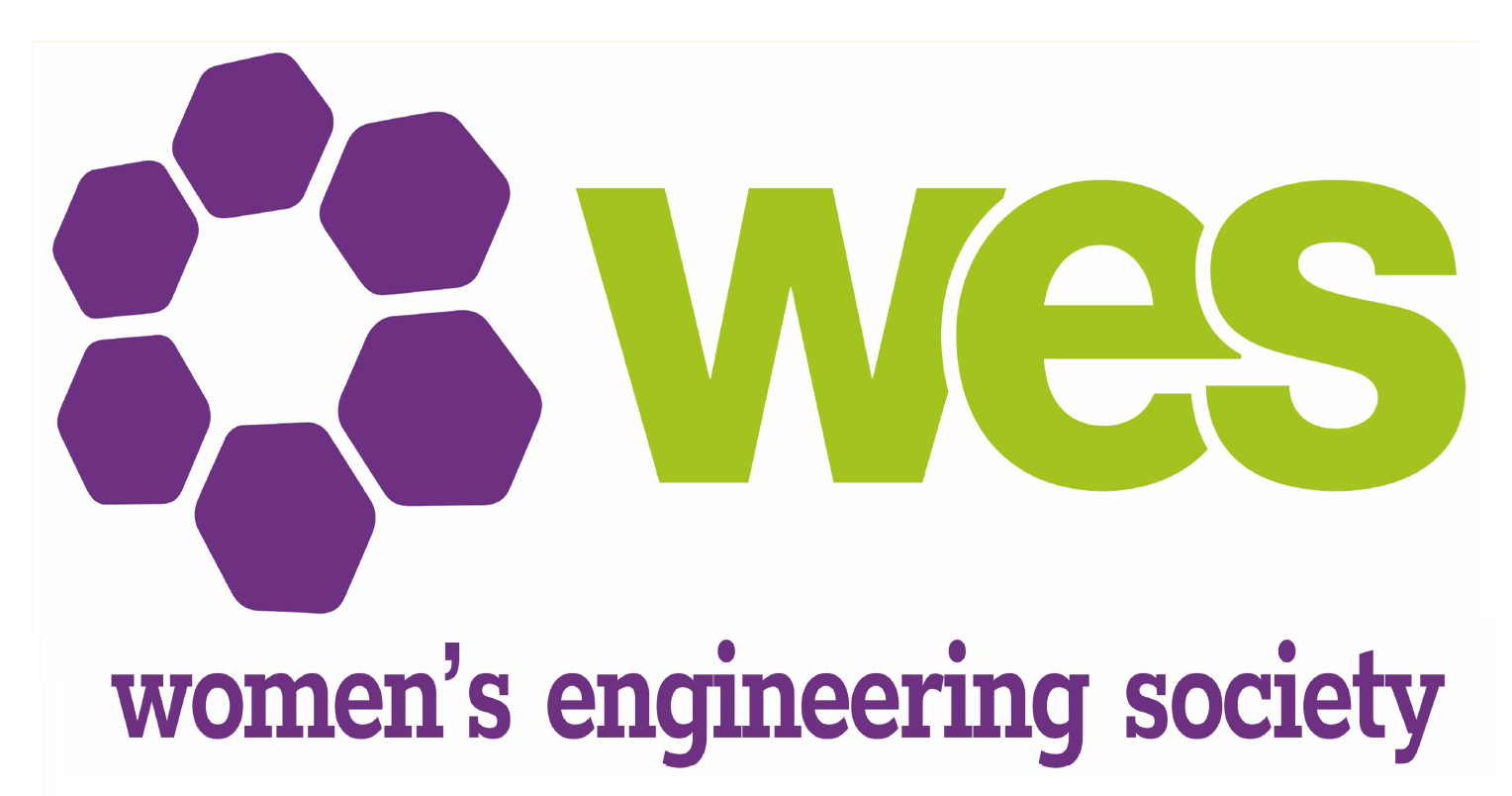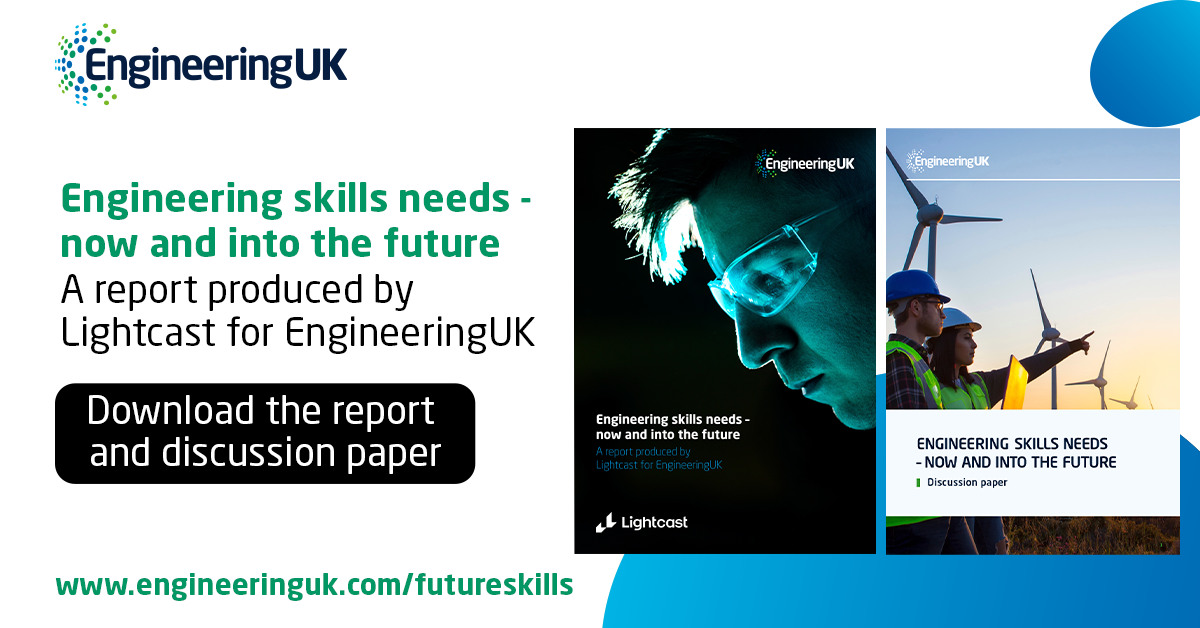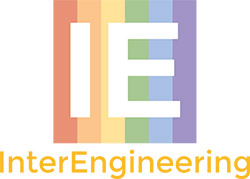Royal Academy of Engineering welcomes 73 new Fellows
At its AGM on 19 September 2022 the Royal Academy of Engineering elected 73 leading figures in the field of engineering and technology to its Fellowship. The group consists of 60 Fellows, eight International Fellows and five Honorary Fellows, each of whom has made exceptional contributions to their own sector, pioneering new innovations, leading progress in business or academia, providing high level advice to government, or promoting wider understanding of engineering and technology.
This year’s new Fellows continue to reflect the Academy’s ongoing Fellowship Fit for the Future initiative announced in July 2020, to drive more nominations of outstanding engineers from underrepresented groups ahead of its 50th anniversary in 2026. This commits the Academy to strive for increased representation from women, disabled and LGBTQ+ engineers, those from minority ethnic backgrounds, non-traditional education pathways and emerging industries, and those who have achieved excellence at an earlier career stage than normal.
The new Fellows will be formally admitted to the Academy at a special ceremony in London on 28 November, when each Fellow will sign the roll book. In joining the Fellowship, they will lend their unique capabilities to achieving the Academy’s overarching strategic goal to harness the power of engineering to create a sustainable society and an inclusive economy for all.
Professor Sir Jim McDonald FREng FRSE, President of the Royal Academy of Engineering, says:
“Engineering is everywhere, but nowhere the same, and our new Fellows represent the great breadth and diversity of engineers who are striving to address some of the world’s most complex challenges – benefiting society and the economy in the process. From next generation power networks and water systems to quantum computing and artificial intelligence, our new Fellows are shaping the future.
“We live in an era of rapid change across our communities, our country, and of course our planet. Today we welcome to our Fellowship an inspiring group of people who are harnessing their creativity, courage and commitment to drive positive change in the world around us and we look forward to their contribution to our work.”
The complete list of Fellows elected in 2023 is as follows:
Fellows
Professor Timothy Abram FREng
Professor in Nuclear Fuel Technology, The University of Manchester
Jonathan Baggs FREng
Head of Nuclear, ARC
Desmond Balmforth FREng
Director of Engineering and Project Management, Leonardo Electronics UK
Professor Harish Bhaskaran FREng
Professor of Applied Nanomaterials, Department of Materials, University of Oxford
Professor Julian J Bommer FREng
Senior Research Investigator, Imperial College London
Professor Joseph (Joby) Boxall FREng
Professor of Water Infrastructure Engineering, Department of Civil and Structural Engineering, University of Sheffield
Professor Ruth Cameron FREng
Head (Joint), Department of Materials Science, University of Cambridge
Professor Michael Clinch FREng
Senior Consultant and Materials Group Leader, Innoval Technology
Professor Richard Dawson FREng
Professor in Earth Systems Engineering and Director of Research and Innovation, School of Engineering, Newcastle University
Professor John Dear FREng
Professor in Mechanical Engineering, Imperial College London
Peter Dearman FREng
Independent Consultant
Professor Robert Deaves FREng FLSW
Senior Principal Engineer, Dyson; Honorary Professor, University of Birmingham
Professor Vikram Deshpande FREng FRS
Professor of Materials Engineering, University of Cambridge
John Downes FREng
Chief Information Officer, SSE Renewables
Air Vice-Marshal Simon Ellard CB FREng
Director Combat Air, Defence Equipment and Support, UK Ministry of Defence
Professor Wenfei Fan FREng FRS FRSE
Professor of Web Data Management, School of Informatics, University of Edinburgh
Professor Michael Fitzpatrick FREng
Pro-Vice-Chancellor and Lloyd’s Register Foundation Chair in Structural Integrity and Systems Performance, Coventry University
Dr Rosemary Francis FREng
Chief Scientist, High-Performance Computing, Altair
Professor Alejandro (Alex) Frangi FREng
Bicentennial Turing Chair in Computational Medicine, The University of Manchester
Ian Funnell FREng
Chair, National Nuclear Laboratory
Professor Shaogang (Sean) Gong FREng
Professor of Visual Computation, Queen Mary University of London
Professor David Greenwood FREng
CEO, WMG High Value Manufacturing Catapult and Director for Industrial Engagement at WMG
Professor Ashwani Gupta FREng
Distinguished University Professor, Minta Martin Professor of Engineering, and Professor of Mechanical Engineering, University of Maryland
Dr Marc Harper FREng
Senior Director of Wireless Development, Microsoft
Dr Simon Harrison FREng
Group Head of Strategy, Mott MacDonald
Dr Caroline Hazlewood FREng
Group Manager, Flood and Water Management, HR Wallingford
Professor Graham Hutchings CBE FREng FRS
Regius Professor of Chemistry, Cardiff University
Professor Robert Killey FREng
Professor of Optical Communications Optical Networks Group, Department of Electronic and Electrical Engineering, University College London
Professor Ahmed Kovacevic FREng
Howden/Royal Academy of Engineering Research Chair in Compressor Technology, City, University of London
Professor Stepan Lucyszyn FREng
Professor of Millimetre-wave Systems, Imperial College London
Dr Joshua Macabuag FREng
Co-Founder and Chief Product Officer, Renew-Risk; Engineering Manager, Search and Rescue Assistance in Disasters (SARAID)
Professor Malcolm Macdonald FREng FRSE
Professor, Department of Electronic and Electrical Engineering, University of Strathclyde
Dr Andrew Mackintosh FREng
Chair, UKI2S; Board member: ACF Investors and Thames Ventures VCT2 plc
Professor Wyn Meredith FREng FLSW
Director, The Compound Semiconductor Centre, IQE Plc and Cardiff University
Professor Paul Needham FREng
Head of Engineering for Air and Space Products and Chief Engineer for Historic Aircraft, BAE Systems
Professor Bashar Nuseibeh FREng
Professor of Computing, The Open University; Chief Scientist, Lero – The Irish Software Research Centre; Professor of Software Engineering, University of Limerick, Ireland
Professor Timothy O’Farrell FREng
Chair in Wireless Communication, Department of Electronic and Electrical Engineering, University of Sheffield
Professor William (Bill) O’Neill FREng
Professor of Laser Engineering, University of Cambridge
Professor Bikash Pal FREng
Professor of Power Systems, Department of Electrical and Electronic Engineering, Imperial College London
Gwen Parry-Jones OBE FREng
CEO, Great British Nuclear
David Peattie FREng
Group CEO, Nuclear Decommissioning Authority
Professor David Phoenix OBE DL FREng
Vice Chancellor and Group CEO, London South Bank University
David Quarton FREng
Visiting Professor and Senior Teaching Associate, University of Bristol; Independent Engineering Consultant, Renewable Energy
David Riordan FREng
Senior Technical Fellow, Spirit AeroSystems
Dr Chris Robinson FREng
Director, PCA Engineers Limited
Professor Catriona Savage FREng
Chief Technical Officer, Silverstream Technologies
Professor Felix Schmid FREng
Professor Emeritus of Railway Systems Engineering, University of Birmingham
Professor Ashwin Seshia FREng
Professor of Microsystems Technology, Department of Engineering, University of Cambridge
Dr Jon-Paul Sherlock FREng
Executive Director, Manufacturing Technology Strategy, AstraZeneca
Professor Barbara Shollock FREng
Professor and founding Head, Department of Engineering, King’s College London
Dr Sabesan Sithamparanathan FREng
Founder and President, PervasID Ltd
Jack Stockdale OBE FREng
Chief Technology Officer, Darktrace
Dr Ken Sutherland FREng FRSE
President and CEO, Canon Medical Research Europe Ltd
Professor Ashutosh Tiwari FREng
Royal Academy of Engineering/Airbus Research Chair in Digital Manufacturing, University of Sheffield
Professor Iain Todd FREng
Professor of Metallurgy and Materials Processing, Department of Materials Science and Engineering, University of Sheffield
Mark Wild OBE FREng
Chief Executive Officer, SGN (Scotia Gas Networks)
Professor Daryl Williams FREng
Professor of Particle Science, Imperial College London
Professor Keith Worden FREng
Professor of Mechanical Engineering, Department of Mechanical Engineering, University of Sheffield
Dr William Andrew (Andy) Wright FREng
Founder and Director, WAW Innovation
Christopher Young FREng
Group Chief Engineer, Rolls-Royce Group
International Fellows
Professor Nadine Aubry FREng
Professor, School of Engineering, Tufts University; George and Virginia Bugliarello NAE International Secretary, U.S. National Academy of Engineering
Dr Pavel Cheben FREng
Principal Research Officer, National Research Council, Canada
Dr Dennis Ganendra FREng
Chief Executive Officer and Director, MINCONSULT SDN BHD, Malaysia
Professor Georgios Giannakis FREng
Professor, McKnight Presidential Chair in Electrical and Computer Engineering Department, University of Minnesota, USA
Dr Marlene Kanga AO FREng
Director, iOmniscient Pty Ltd, Rux Energy Pty Ltd; Non-Executive Director, Endeavour Energy, Airservices Australia, Standards Australia
Professor Wolfgang Marquardt FREng
Former Chair of the Board of Directors, (Vorstandsvorsitzender), Forschungszentrum Jülich, Germany
Professor Richard Miller FREng
Emeritus President, Olin College of Engineering; Founding Chair, Coalition for Transformational Education, USA
Professor Viola Vogel FREng
Professor, Department of Health Sciences and Technology, ETH Zürich, Switzerland
Honorary Fellows
Professor Jim Al-Khalili CBE HonFREng FRS
Professor of Theoretical Physics and Chair in Public Engagement in Science, University of Surrey
Dame Kate Bingham DBE HonFREng
Managing Partner, SV Health Investors
Baroness Martha Lane Fox CBE HonFREng
Co-Founder of Lastminute.com; Non-Executive Director of Twitter; Chancellor of the Open University; Founder and Executive Chair of Doteveryone
Dame Angela McLean DBE HonFREng FRS
Government Chief Scientific Adviser
Lord David Willetts PC HonFREng FRS
President of the Resolution Foundation Chair, UK Space Agency, Innovate Cambridge and The Foundation for Science and Technology
